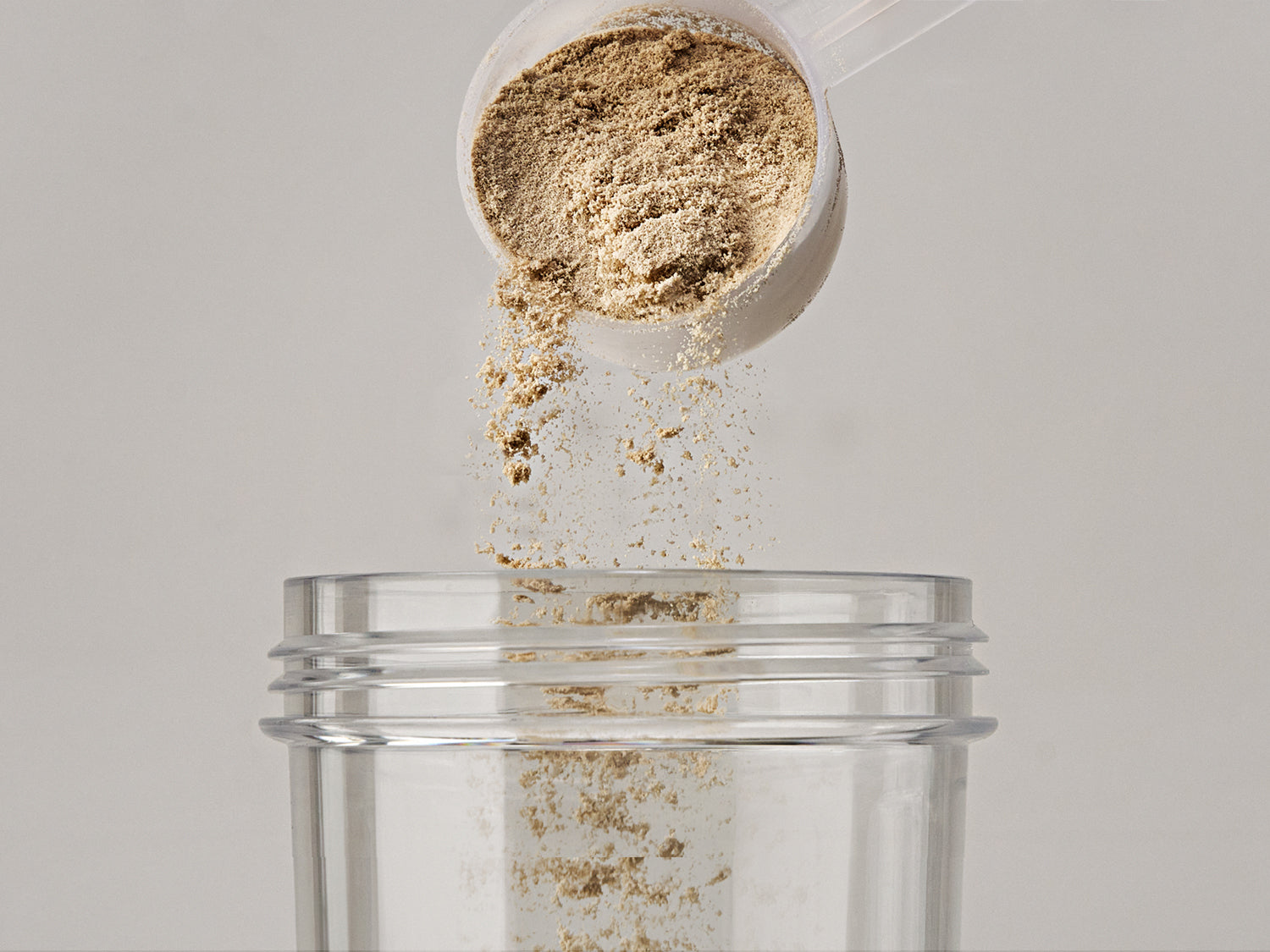Well, it turns out, getting adequate sleep each night can lead to increased productivity throughout the day. A study found that participants who regularly slept the recommended seven to eight hours per night were almost 20% more productive than individuals who slept five to six hours per night. And participants who slept less than five hours per night experienced a 29% drop in productivity.
Sleep also plays a major role in muscle growth and recovery. One study found that good sleep quality is associated with greater muscle strength, while short sleep duration may be a risk factor for decreased muscle strength. So, if you’re truly committed to maximizing your muscle gains, you better start prioritizing your sleep.
How Does Muscle Growth (Or Loss) Happen?
Muscle growth is achieved through a combination of resistance training and protein intake. After you work out, muscle protein breakdown occurs, leading to a loss of protein. That’s why athletes often increase their protein intake immediately after they lift weights in order to enhance muscle protein synthesis, which is a natural process in which protein is produced to repair muscle damage.
The ratio of muscle protein synthesis to muscle protein breakdown ultimately determines whether muscle tissues are built or lost. So, if muscle protein synthesis occurs faster than muscle protein breakdown, then muscle growth is achieved. However, if muscle protein breakdown outpaces muscle protein synthesis, then the opposite occurs.
One way to make sure that your system doesn’t break down more muscle than it builds is to eat 30 grams of protein half an hour before bed. Your body will then have adequate amino acids for your muscles to use for their repair work.
Also Read: The Ultimate Push Pull Legs Routine
Why Is Sleep Crucial For Muscle Recovery?
Sleep enhances muscle recovery through protein synthesis and human growth hormone release. Muscle protein synthesis produces protein to repair damaged muscles, while sleep and your circadian rhythm (aka your body’s internal clock) play a vital role in regulating the production of numerous hormones, such as melatonin, growth hormone, cortisol, and leptin and ghrelin.
Melatonin helps to promote sleep. Growth hormone supports bone and muscle development. Cortisol is part of your body’s stress response system. And leptin and ghrelin help to control your appetite. Your hormone levels will also fluctuate during different sleep stages, and the quality of your sleep may also affect daytime hormone production.
How Do Different Sleep Stages Impact Muscle Recovery?
The sleep stages are divided into two main categories – non-rapid eye movement (non-REM) and rapid eye movement (REM).
Also Read: The Best Bulking Diet for Skinny Guys
Non-REM Sleep
Non-rapid eye movement sleep has three stages. The first stage of non-REM sleep occurs right after you fall asleep and usually lasts for less than 10 minutes. The second stage lasts for about 30 to 60 minutes and your muscles start to become more relaxed. The third stage is deep sleep, which lasts about 20 to 40 minutes. During this deep sleep stage, crucial muscle-building growth hormone is typically secreted. Your body repairs and grows tissues, builds bone and muscle, and strengthens your immune system, as well.
Also Read: Building Muscle After 60
REM Sleep
As you sleep, you typically progress through the three stages of non-REM sleep first before entering REM sleep, which is deeper than non-REM sleep. During REM sleep, most of your muscles are paralyzed in a condition known as atonia. Your brain paralyzes your muscles so you don’t act out your dreams since you do most of your dreaming during REM sleep. However, your respiratory and eye muscles stay active during REM sleep and your eyes and eyelids will flutter.
REM sleep is extremely important because it stimulates the areas of your brain that help with learning. REM sleep is also associated with increased production of proteins. Your non-REM and REM sleep cycle usually repeats three to four times each night.

What Happens If You Don’t Get Sufficient Sleep?
Without sufficient sleep, the production of growth hormone is impaired, which may lead to tense muscles and muscle soreness when you wake up. Growth hormone deficiency is also associated with loss of muscle mass and reduced exercise capacity.
A lack of sleep may also lower your sensitivity to insulin, which can result in the muscle fuel source glycogen not being replenished adequately. Without a regular restoration of glycogen, athletes are less likely to be able to train as strenuously or as frequently as they could have otherwise. In general, sleep-deprived athletes may experience a reduction in cognitive and motor performance, reaction times, and mood state/emotional stability, according to Strength and Conditioning Journal. Long-term inadequate sleep can also lead to the development of chronic pain.
Also Read: How to 'Get Swole' in 6 Weeks?
As you can see, adequate sleep is crucial for muscle recovery and growth. So, if you want to change your body composition, increase your muscle mass, and/or improve your athletic performance, you need to let your body rest, recover, and work its magic every night while you sleep.
Visit our Shop to Buy the Best Body Building Supplements
Read Our Top Read Content:



